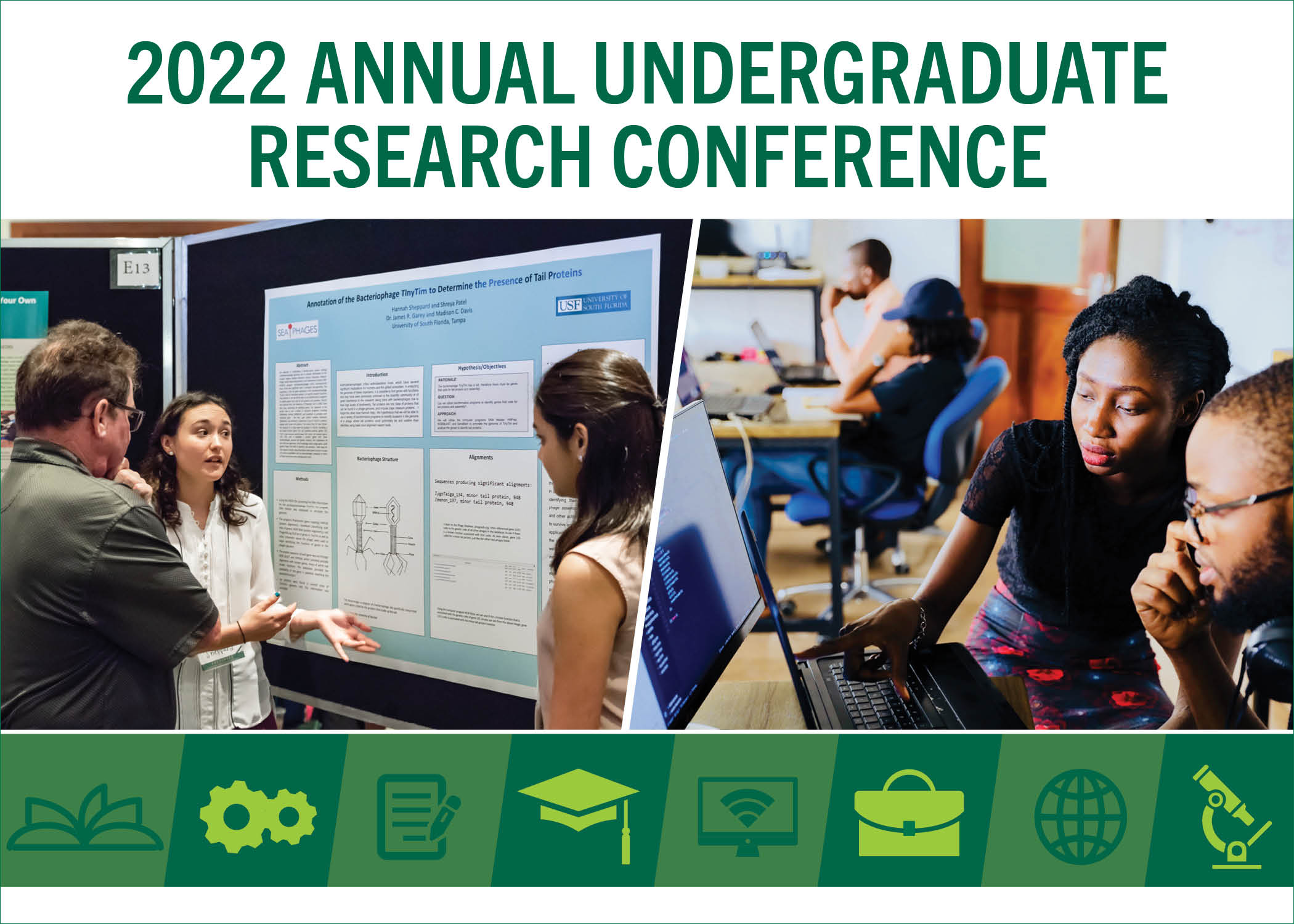Our History Need Not Be Our Demise: An Investigative Study on the Association Between Hispanic/Latinx Ethnicity and COVID-19 Vaccine Openness in College Students
Mentor Information
Marina Bornovalova
Description
Although there is preliminary support for an association between Hispanic race/ethnicity and decreased openness to receiving the COVID-19 vaccine in the general population, extant literature lacks research investigating whether this trend is observed in college students specifically. Prior discrimination, lower socioeconomic status, and distrust in governmental intentions have been described as potential moderators of this association. However, college students have been described as a population different than the general population; hence, understanding these key differences is essential to tailoring vaccination efforts in a more effective manner to help college students make better-informed decisions. The present study was among the first to address the link between Hispanic race/ethnicity and COVID-19 vaccine openness in college students specifically. Qualtrics surveys were administered to 304 college students in the southeastern United States. Chi-square analysis of the findings did not support a correlation between Hispanic race/ethnicity and COVID-19 vaccine openness in college students. These results suggest the link observed between Hispanic race/ethnicity and COVID-19 vaccine openness in the general population may be missing from college student populations. Future research might seek to replicate this study using students from various disciplines, while investigating factors that seem to decrease the prevalence or effect of prior discrimination, lower socioeconomic status, and distrust in governmental intentions in college students.
Loading...
Please select your campus affiliation
Tampa
Our History Need Not Be Our Demise: An Investigative Study on the Association Between Hispanic/Latinx Ethnicity and COVID-19 Vaccine Openness in College Students
Although there is preliminary support for an association between Hispanic race/ethnicity and decreased openness to receiving the COVID-19 vaccine in the general population, extant literature lacks research investigating whether this trend is observed in college students specifically. Prior discrimination, lower socioeconomic status, and distrust in governmental intentions have been described as potential moderators of this association. However, college students have been described as a population different than the general population; hence, understanding these key differences is essential to tailoring vaccination efforts in a more effective manner to help college students make better-informed decisions. The present study was among the first to address the link between Hispanic race/ethnicity and COVID-19 vaccine openness in college students specifically. Qualtrics surveys were administered to 304 college students in the southeastern United States. Chi-square analysis of the findings did not support a correlation between Hispanic race/ethnicity and COVID-19 vaccine openness in college students. These results suggest the link observed between Hispanic race/ethnicity and COVID-19 vaccine openness in the general population may be missing from college student populations. Future research might seek to replicate this study using students from various disciplines, while investigating factors that seem to decrease the prevalence or effect of prior discrimination, lower socioeconomic status, and distrust in governmental intentions in college students.



Comments
Poster Presentation